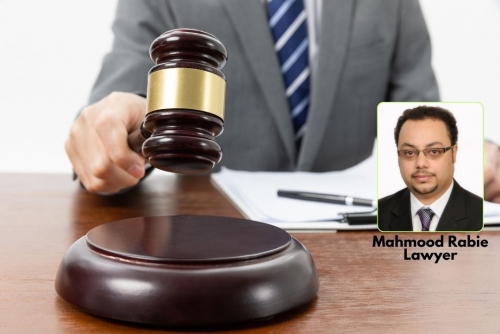Bahraini Consultant Doctor Acquitted of Medical Negligence Charges
TDT | Manama
Email: mail@newsofbahrain.com
A Bahraini consultant doctor has been acquitted of medical negligence charges by the Lower Criminal Court. The charges stemmed from allegations that the doctor prescribed inappropriate medication, resulting in an 18% impairment to the patient's health, as assessed by a forensic physician.
The court's acquittal hinged on insufficient evidence to prove the charges. The court cited Article 255 of the Code of Criminal Procedure, which mandates acquittal if the alleged offense is unproven or not punishable. The court found the evidence presented insufficient to establish guilt, specifically highlighting the lack of supporting evidence for a single doctor's testimony alleging medical negligence.
The court's decision was further bolstered by a report from the National Committee for the Regulation of Professions and Health Services, which concluded that no medical negligence had occurred.
This finding was supported by additional medical testimony presented during the investigation and trial. The court's ruling emphasised that the prosecution's evidence fell short of proving guilt beyond a reasonable doubt.
The doctor's defense lawyer, Mahmood Rabie, argued that the prosecution's evidence was insufficient to meet the legal standard of proof required in criminal cases. He stressed that criminal judgments must be based on certainty and not mere conjecture or probability. He further cited Article 27 of Decree-Law No. 7 of 1989 concerning the practice of human and dental medicine.
This article states that a doctor is not liable if they have exercised due diligence and used all available means for diagnosis and treatment. Liability only arises from proven errors due to technical ignorance, negligence, or conducting unauthorised experiments or research.
"The prosecution failed to demonstrate any such negligence or error on the part of the doctor. The absence of conclusive evidence necessitates a verdict of acquittal, in line with the legal principle that doubt benefits the accused," the lawyer argued.
Related Posts

